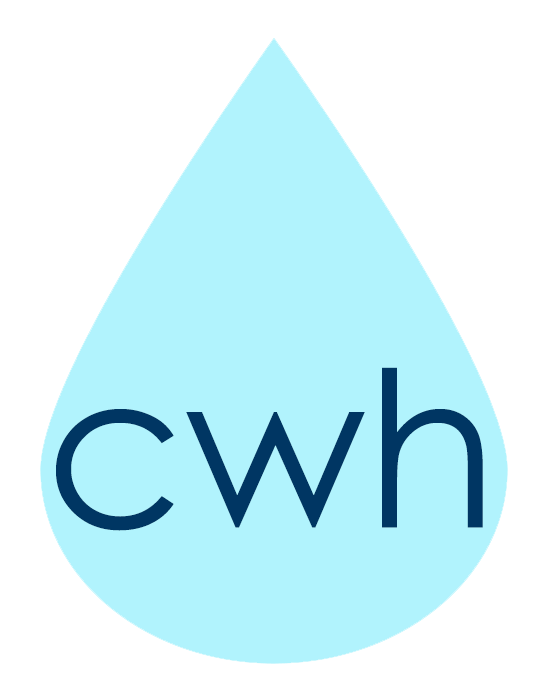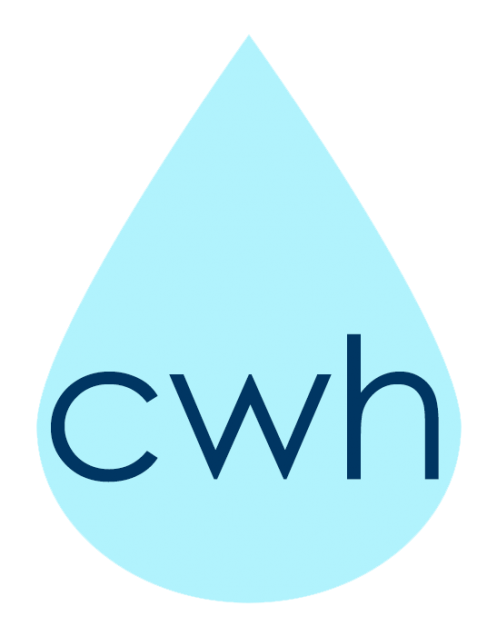After neglecting this blog for years, I finally made a few posts with the intention of making one post per month. I wrote another post for June, but it ended up being way too long. It also wandered from point to point and had a lot of numbers and metrics in it that would cause most readers to lose interest. I love numbers and metrics, but most readers don’t! I’ll try to do better this time around.
Why is cost per filter important to us? Well, we have chosen to do a single thing and do it really, really well. We build and install biosand filters, and include an education and follow up program which ensures most filters get used and taken care of for many years. Since we only do one thing, we can take our total expenses, divide that by our number of filters installed, and see exactly how efficient we are. That’s important! It means something! And it should be something our donors care about.
For over a decade now, we have advertised that for $100, we can provide a filter to a family in Haiti. In reality, that number changes every year. Clean Water for Haiti, like Haiti itself, has good years and bad years. Here is the data for the past several years:
Year Total filters Admin Costs Cost Per Filter
2018 3033 9.6% $103.80
2019 3270 7.3% $106.53
2020 1974 N/A $134.57
2021 3308 N/A $77.20
2022 2311 9.3% $78.09 *Jan-Jun 2022 only
The cost per filter is found simply by dividing our total expenses (minus program-derived revenues such as co-pays) in any given year by the total number of filters installed. It includes all expenses, not just here in Haiti, but in the USA and Canada too. Since Clean Water for Haiti only has one program, it is relatively straightforward to work out the numbers.
Why is there so much variation? There are large, one-off expenses such as the purchase of a delivery truck that can significantly add to the cost per filter for a certain year. Also, some of our supplies are purchased in quantities that will last 12 months or more. That also involves large chunks of money, spent more in some years than others. Having to rebuild an engine or a transmission in a delivery truck can cost a lot of money, too. In 2020 we had a surprising amount of vehicle related expenses, for example.
Apart from one-off expenses, the biggest single thing that affects our cost per filter seems to be how many filters we install over time. Generally speaking, the years with high production are also the years with the lowest cost per filter. The best strategy for making Clean Water for Haiti run efficiently, then, is to push production and installation of filters and make sure there are no interruptions to the machine.
Lately more than usual, I’ve been trying to anticipate anything that might slow down our work and act in advance to have a solution ready. On the weekend, two delivery trucks full of cement were stolen by bandits and the drivers kidnapped. We quickly bought cement to fill up our own depot, thinking that there might be a shortage. For good measure we bought plenty of paint, too. Last year we started stockpiling fuel in containers for the times when there are fuel shortages due to Haiti’s various problems. It was a good decision – there has been a shortage for over a month now and we still haven’t had to halt deliveries.
This year we’re on track to exceed 4000 filters installed – much higher than our previous record set in 2021. If you consider inflation, we’re on track to have our lowest cost per filter, too! I hope that in the future, we will be able to exceed 5000, or even 6000 filters in a year. If the trend continues, we would become an even more efficient organization as we continue to increase production. For that, though, donations would have to increase substantially. We need to have more money available in order to save more money! The more we spend, the more we save.
© 2025 · Clean Water for Haiti/CWH Foundation




Leave a Reply